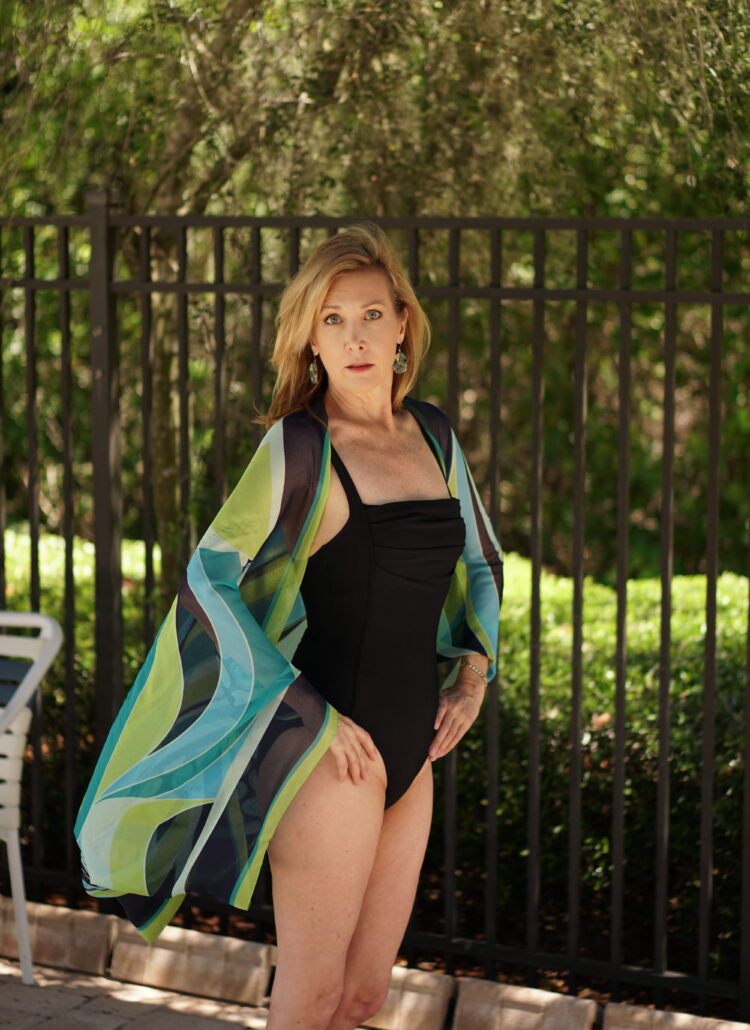
*This post contains an affiliate link.
Like many of us, I was taught anger was a “bad” emotion. Anger was explosive, dangerous, and unpredictable in others and a volcano quietly building within me. I did everything possible to avoid expressing anger, or to engage in interactions that might lead others to anger.
With my anger neatly tucked under the carpet, even though it was a perpetually simmering volcano, I thought I was doing ok. I would alternately deny it’s existence or obsesses about the people and situations that caused it.
Life was filled with people who fed my volcano with abuse while I turned the other cheek. I kept accommodating, rationalizing and thinking that I didn’t deserve better treatment.
Surprisingly, the way I’d learned, or not learned to deal with anger was keeping me frustrated, victimized and stuck.
I was taught to forgive and forget. To turn the other cheek, to keep quiet, and not speak up for myself, no matter what. While I was making nice, I watched others blow up at each other, then go on as if nothing had happened. Neither way seemed to net a desirable result.
A few years back, I had an important epiphany: Anger is actually a good emotion; as it yields important information. When one takes the time to navigate beyond anger’s robust charge, we see that beneath is important information: a boundary has been breached, we need to make a change, examine a pattern, or just learn deal with life more effectively.
We also need to look at our relationships and how we show up in them. I discovered that my being the over accommodating, loyal friend no matter what, the one who wanted so much to be liked was attracting, not other kind hearted accommodating people, but people who took advantage of the very behavior I hoped would result in being liked. When I quietly stopped over accommodating, many of those people dropped away, but I still had not learned how to deal with anger, nor how and when to forgive.
As a further part of the epiphany, I realized that underneath the discomfort of anger are important clues such as areas I needed to strengthen, boundaries I needed to enforce and relationships I needed to reevaluate. My anger taught me I needed to be more judicious in choosing projects and the people I do them with. It taught me boundaries I needed to enforce. The importance of my voice, and my time as well as not to settle for things I don’t really want.
As I unpack the cues I receive from anger, I begin to see the role I play in things not going the right direction, and change my behavior. For a while I had more difficulty forgiving myself than the others involved. Which leads me to forgiveness.
For those of you who have been around a long time, you will know I’ve struggled with forgiveness. Recently, I had another epiphany; one should never attempt forgiveness until he or she has explored the depths of anger and has taken corrective action to create the appropriate boundaries and behaviors to prevent a reoccurrence.
Forgiving means releasing; discharging the psychic wound. Letting go of the pain, and the desire to punish, or hold the other person accountable.
It doesn’t necessarily mean jumping back into a relationship, it doesn’t mean putting yourself in harms way. From a position of strength and safety, forgiving can occur. As we create a safe environment for ourselves, we develop deeper trust within ourselves.
Depending on what has happened and how deeply we are hurt by it, we may be called back to forgiveness time and time again. It’s important to recognize that forgiveness is often a process that operates hand and hand with our healing.
Sometimes, we need help working our way through anger and forgiveness. I have turned to therapy several times along my path to healing. Recently, I learned about Better Help, an on line non emergency mental health program that pairs you with an on line therapist. Click HERE for more information.
Mature Style: Summer Shapewear for Women Over 50
Spring Dresses for Women Over 50






Great post, Nina! Every emotion we feel is healthy in its moment and we need to give all of our emotions that moment to process. But letting go of the emotions is healthy, too, but only after proper processing. Thank you for sharing your journey!
Shelbee
http://www.shelbeeontheedge.com